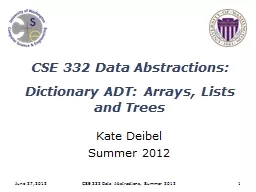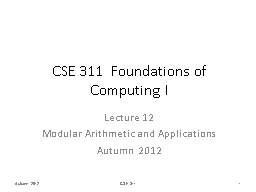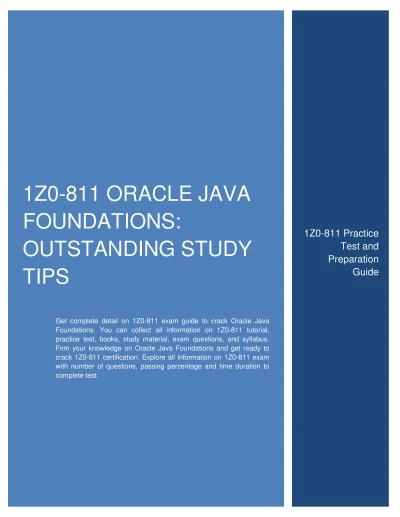PPT-CSE 311 Foundations of Computing I
Author : briana-ranney | Published Date : 2016-08-15
Lecture 18 Recursive Definitions Regular Expressions ContextFree Grammars and Languages Spring 2013 1 Announcements Reading assignments 7 th Edition pp 878880 and
Presentation Embed Code
Download Presentation
Download Presentation The PPT/PDF document "CSE 311 Foundations of Computing I" is the property of its rightful owner. Permission is granted to download and print the materials on this website for personal, non-commercial use only, and to display it on your personal computer provided you do not modify the materials and that you retain all copyright notices contained in the materials. By downloading content from our website, you accept the terms of this agreement.
CSE 311 Foundations of Computing I: Transcript
Download Rules Of Document
"CSE 311 Foundations of Computing I"The content belongs to its owner. You may download and print it for personal use, without modification, and keep all copyright notices. By downloading, you agree to these terms.
Related Documents














